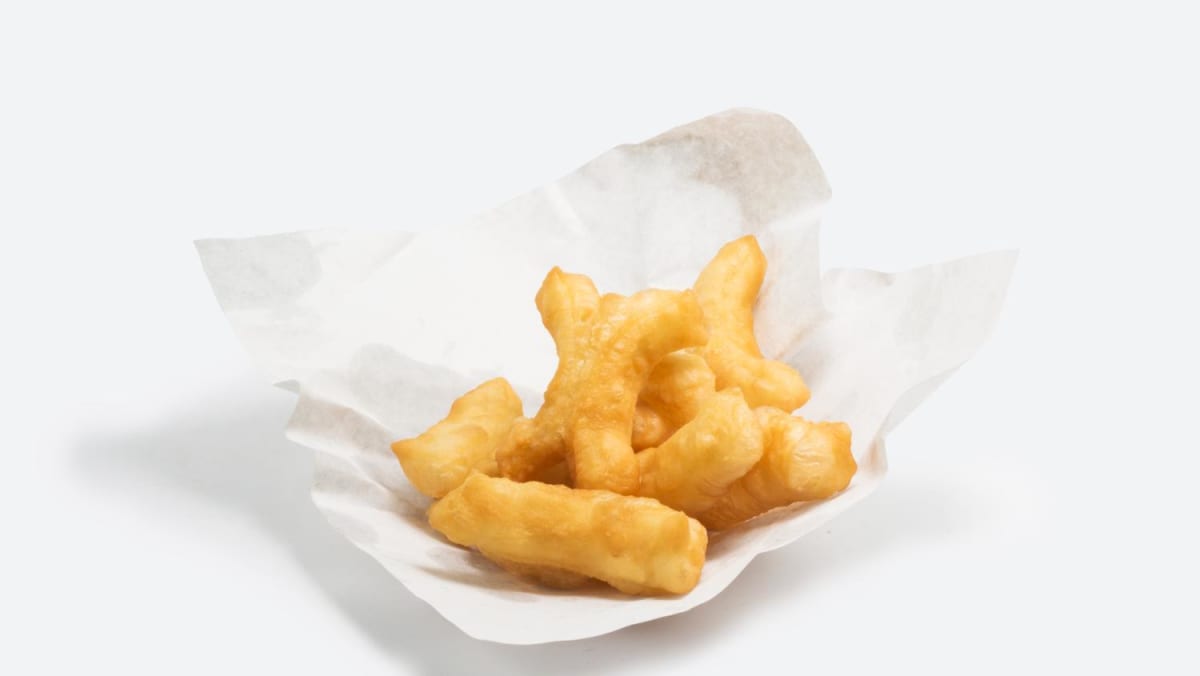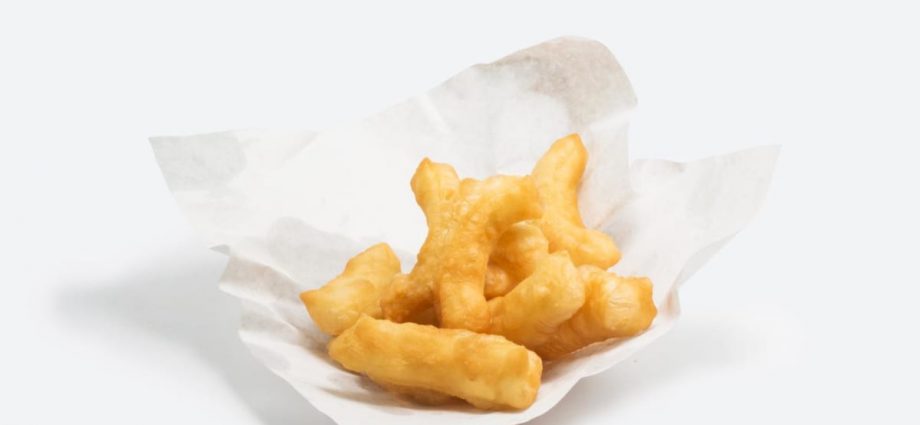
BANGKOK: Thailand’s Department of Health has asked consumers to avoid the locally popular Pa Thong Ko fried dough with Thai iced tea for breakfast, as they can provide too much energy and undermine health.
The advisory came shortly after the two local favourites made it to the top ten rankings on TasteAtlas, an online travel guide focusing on food and featuring reviews as well as recommendations from culinary professionals and critics around the world.
In February, Pa Thong Ko came fifth in a list of 10 best-rated street food sweets in the world on TasteAtlas while Thai iced tea was the seventh best-rated non-alcoholic beverage.
Pa Thong Ko – crispy, deep-fried dough sticks – is a common breakfast dish in Thailand and usually consumed with sweetened condensed milk and coffee.
“To have a healthy breakfast, it’s advisable to avoid fast food that provides too much energy or has to be fried over and over such as Pa Thong Ko with sweetened condensed milk and Thai iced tea,” Health Department director-general Dr Suwanchai Wattanayingcharoenchai said in a statement on Thursday (Mar 2).
Pa Thong Ko is a Thai version of Chinese crullers called Youtiao. Based on data from the Bureau of Nutrition, 100g of Pa Thong Ko produces 441kcal and contains 40.56g of carbohydrates as well as 27.79g of fat.
A pair of medium-sized Pa Thong Ko sticks weighs approximately 30g, produces about 132kcal of energy, and contains 12g of carbohydrates and 8g of fat.
“Pa Thong Ko is a snack that contains carbohydrates and saturated fat, and provides high energy. It’s suitable for people who want to increase their energy. However, the food also contains a high level of sodium from baking soda or salt. So, it’s not suitable for people with overactive thyroid and high blood pressure,” Dr Suwanchai said in the statement.
He also explained that Pa Thong Ko is usually deep-fried in recycled cooking oil, which could lead to cancer, and advised consumers not to eat more than two pairs of fried dough sticks per day.
Thai iced tea could also lead to health problems. According to Dr Suwanchai, 200ml of Thai iced tea contains 69g of carbohydrates, 15g of fat and 53g of sugar – about 13 teaspoons – and can produce 430kcal.
Each day, he said, the body should not consume more than six teaspoons of sugar. Frequent consumption of Thai iced tea could cause diabetes, cancer, high-blood pressure, obesity, and cardiovascular and cerebrovascular diseases.
“Most importantly, do not forget to exercise in order to burn the energy along with your diet,” Dr Suwanchai added.

